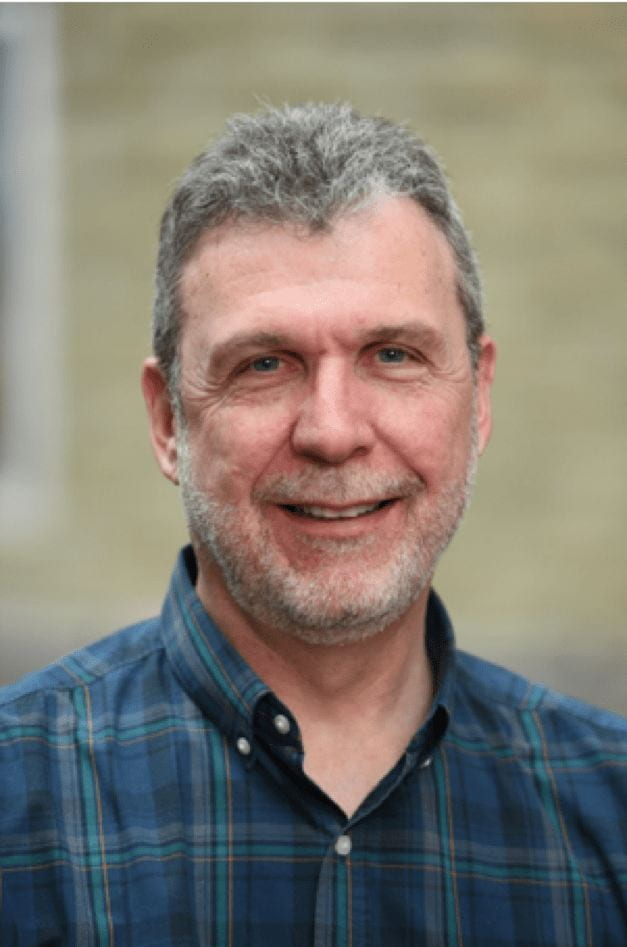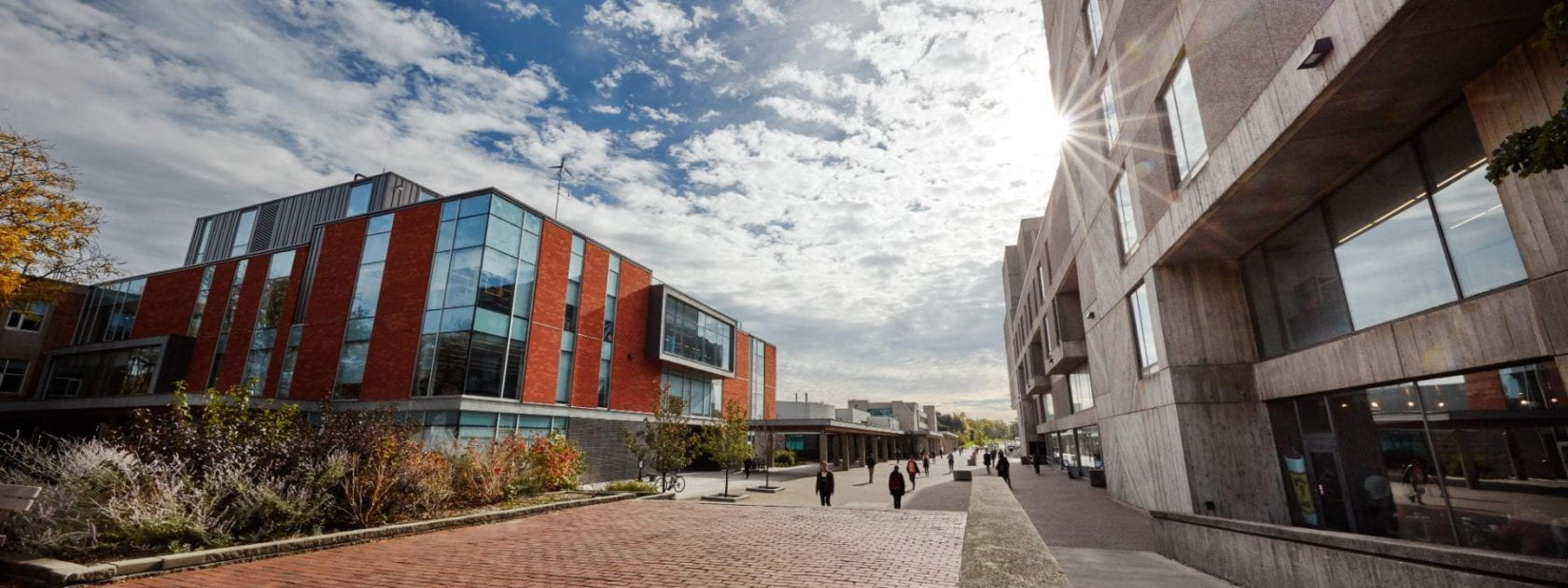
New One Health undergraduate program ensures all health disciplines are accounted for
By Anna McMenemy
The environment is sometimes an afterthought in One Health research and initiatives – people don’t always see its relevancy in comparison to the human and animal health pillars.
But not for Dr. Brian Husband. To him the environment is a priority and the new One Health undergraduate program at the University of Guelph – of which he led the development – places it right up front.
Husband says that environmental health perspectives have been intentionally incorporated into the program’s structure and development. In his role as curriculum development committee chair, and as an evolutionary biologist and plant scientist himself, Husband was able to bring considerable environmental awareness to the new program.
His years of research experience studying evolution, genetic diversity, and plant reproduction help inform his current work as Associate Dean Academic for the College of Biological Sciences (CBS). As well, Husband’s administrative role puts him in charge of overseeing new courses and academic programs within the college – the One Health program being the most recent one.
Husband and the curriculum development committee, comprising anthropologists, food scientists, veterinarians, and ecologists, have put together a truly innovative program. Along with environmental science courses that Husband championed, participants will take foundational courses in One Health, human biology, animal biology, anthropology, and research methods while tailoring the degree to their interests through specializations and electives.
“The program will provide students interested in the traditional health sciences with a more holistic perspective,” says Husband, “while also welcoming a suite of students with other strengths into health discussions.”
Husband and the committee designed the program to balance the three One Health pillars and offer an alternative to human health science programs. One way it distinguishes itself from others is through the incorporation of environmental perspectives. Complex health issues such as antimicrobial resistance, climate change, and pandemics are all intimately tied to environmental health, yet the predominant focus tends to be on how those issues impact humans and animals. The One Health program will ensure students understand how to approach these issues without neglecting environmental health.
It’s fitting that this program will be offered through CBS. The college has a range of expertise across departments in environmental science and ecology while housing plenty of faculty and labs that study human and animal health.
CBS collaborated with many other faculty across campus to achieve such a high level of interdisciplinarity – a strength students will notice this as they go through the program. Students will take required courses from multiple departments and, by the end of their second year, choose from one of four areas of emphasis to specialize: disease, complexity and health; environment, food and health; policy, economics and health; or culture, society and health.
“We’re taking expertise that already exists on campus and creating pathways for students to connect with different perspectives and discuss complex issues,” says Husband.
The program will prepare students for a wide variety of future endeavours. Those looking to enter professions such as law, veterinary medicine, or human medicine will be competitive applicants as these schools increasingly recognize the importance of holistic and interdisciplinary educational backgrounds. Students interested in other careers engaging in issues like food justice, wildlife and ecosystem conservation, or social inequality will also find their place within the One Health program.
“[One Health] issues are challenging problems,” Husband says, “so we’re giving students the skillset to think hard and critically about them. That’s powerful and will really benefit them going forward.”
You can find more information and updates about the Bachelor of One Health program HERE!



